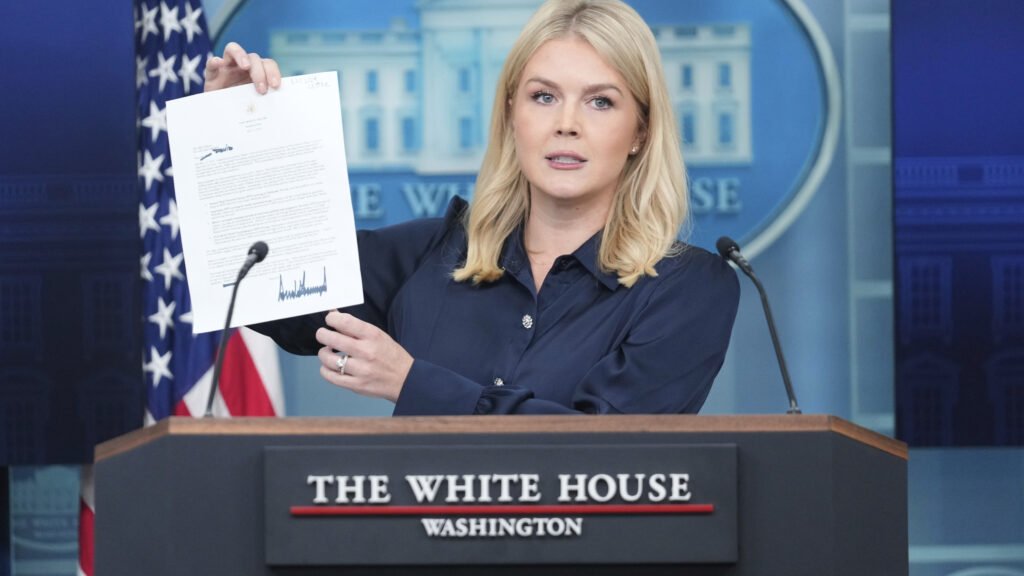President Trump has once again intensified his efforts to push pharmaceutical companies to lower drug prices in the United States to match prices in other countries. In a move that sent shockwaves through the industry, Trump sent letters to 17 major drug companies, urging them to take action by September 29th.
The demands outlined in the letters were clear and direct. President Trump called on the companies to offer their full portfolio of drugs to Medicaid patients at prices comparable to those in other wealthy nations. He also requested that these companies guarantee that new drugs will be made available to Medicare, Medicaid, and commercial payers at these lower prices. Additionally, he proposed the implementation of direct-to-consumer distribution models for high-volume, high rebate drugs, as well as the repatriation of increased revenues earned abroad back to the United States.
Among the companies that received letters were industry giants such as Pfizer, Novartis, Johnson & Johnson, and Merck. Pfizer responded to the administration’s demands by stating that they are working collaboratively to enhance access and affordability for American patients while fostering innovation within the biopharmaceutical sector.
President Trump’s pursuit of most-favored nation drug pricing has been a long-standing goal of his administration. Despite issuing an executive order in May to advance this agenda, drug manufacturers have expressed a lack of clarity on how the government intends to enforce lower prices. The letters sent by Trump emphasize a vague threat, warning companies that failure to comply will result in the deployment of all available tools to protect American families from exorbitant drug pricing practices.
Pharmaceutical industry trade groups, such as PhRMA and BIO, have voiced opposition to Trump’s demands for price controls. They argue that lowering drug prices in the U.S. would jeopardize American leadership in healthcare, ultimately harming patients and workers. Instead, these groups advocate for addressing cost drivers such as health care middlemen and foreign countries not paying their fair share for innovative medicines.
Notably absent from Trump’s letters is any mention of his predecessor’s initiative that allows Medicare to negotiate directly with pharmaceutical companies over a select number of drugs. Analysts have raised concerns about the feasibility of Trump’s demands, citing potential negative implications for U.S. drugmakers and their ability to compete globally.
In response to Trump’s push for lower drug prices, some companies have already begun exploring alternative distribution models. For instance, Bristol Myers Squibb and Pfizer recently announced plans to sell their blood thinner Eliquis directly to patients at a reduced price. This shift in strategy reflects a broader trend within the industry as companies navigate the evolving landscape of drug pricing and access.
As the September 29th deadline approaches, the pharmaceutical industry faces mounting pressure to address the issue of high drug prices in the United States. The outcome of this latest development remains uncertain, but one thing is clear – the debate over drug pricing reform is far from over.


